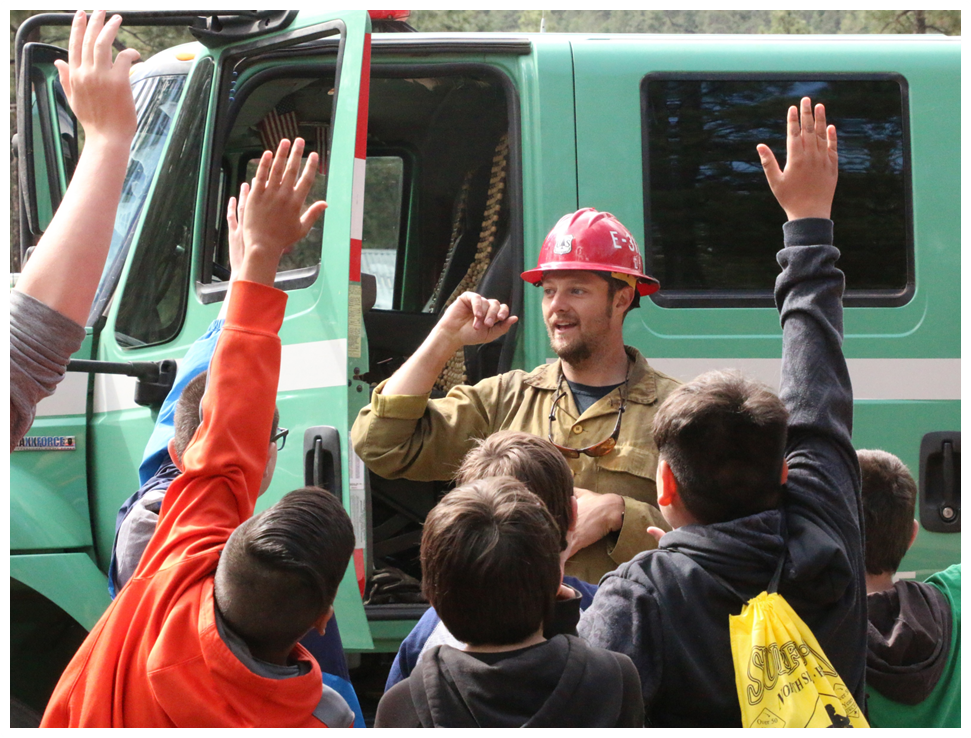About
The Fire Ecology Learning Lab was designed to help NM & AZ students explore the complexities of fire ecology in their region. We have expanded the initial middle school lessons to include activities for agency staff members to visit grades kindergarten through high school, bringing hands-on engaging activities to classrooms. All the materials for class visits and hands-on activities are included in our kits housed at partnering organizations across the Southwest, fill out the form below to reserve one today.
Kindergarten to 2nd Grade: Exploring Biotic Communities. Students engage with the biotic communities in and around their school. They also learn about people who are stewards of the land and how they can help.
3rd to 5th Grade: Engaging with Plant & Animal Adaptations to Fire. Students learn the basics of combustion and how plants and animals adapt to their environment. Classes use cards, colors, and experiments to explore these topics.
Middle School: Discovering Fuel Properties. This lab experiment helps demonstrate the properties of vegetation as a fuel in wildfires. The students explore a variety of fuels and learn the terminology used by professionals.
High School: Diving into Fire Behavior and Careers. As students prepare for their future, this FELL lesson introduces the study of fire behavior and the career paths available in fire ecology.
Request a Kit
Fill out the form below to request and reserve a kit!Materials
Developed in partnership with the US Forest Service, Bureau of Land Management and Cerisse Consulting.





